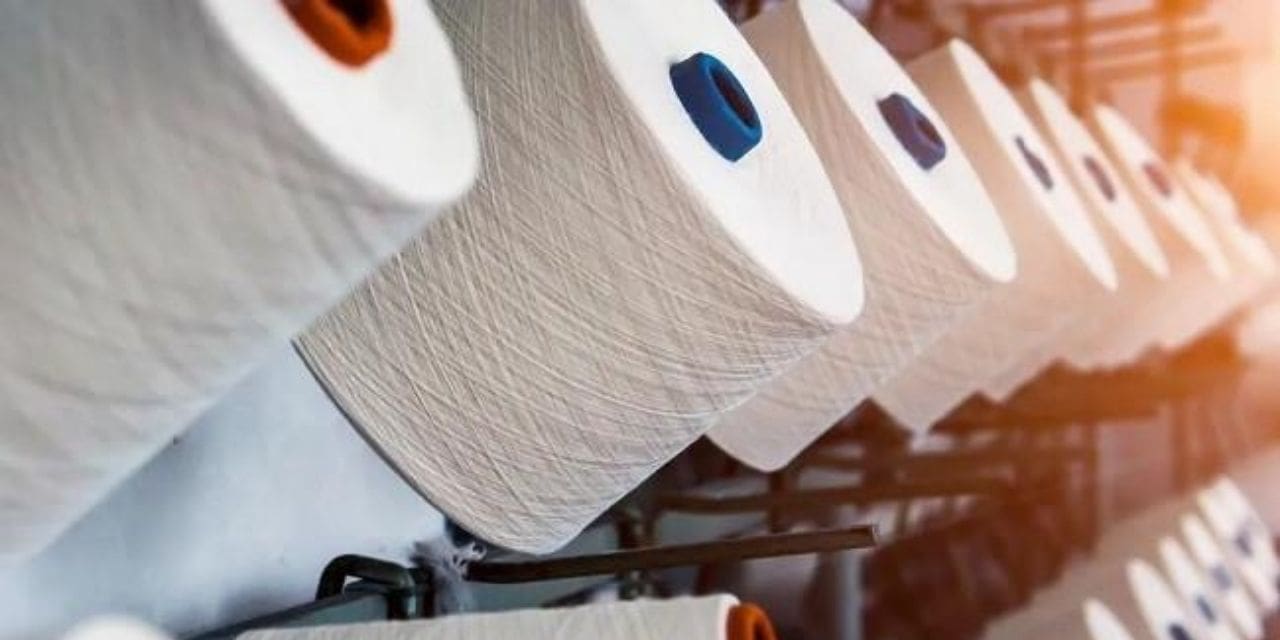Due to a gas shortage and fluctuating dollar markets, investment in the spinning sector in Bangladesh has slowed down over the past two years. Despite an increasing demand for local fabrics, no new spinning units were established last year.
Garment exporters are now favouring locally spun fabrics over imports due to the significant reduction in lead time. For example, importing fabrics from China for garment production in Bangladesh can take up to 40 days, impacting competitiveness. Using local materials allows for quicker processing, with suppliers able to easily supply fabric from their factories within a few days.
International clothing retailers and brands are hesitant to allocate more lead time due to increased competition in their respective countries. The slowdown in investment in the industry is attributed to the gas crisis and volatile dollar exchange rates caused by the impacts of COVID-19 and the Russia-Ukraine war.
Currently, Pakistan’s spinning sector consists of 550 big spinning mills with an investment of $15 billion. The primary textile sector, which includes spinning, weaving, dyeing, washing, finishing, and printing, has a total investment of $25 billion. Only 200 of these mills are export oriented. The installed spinning capacity is 4,500 million kilograms, but they are manufacturing 2,400 million kgs of yarn due to gas and power shortages.
More than 60 weaving mills in Bangladesh supply fabrics for the garment industry, with local denim mills producing over 700 million yards annually. Setting up a new factory takes around three years and costs Tk 700 crore. The majority of spinning mills produce cotton yarn for the knitwear sector, with local spinners providing about 90% of raw materials due to increased investment in knit spinning.
Local spinners initially focused on investing in the cotton spinning sector due to their lack of knowledge in non-cotton yarn. As a result, 71 percent of exported garment items from the country are cotton-made yarn, with only 29 percent being non-cotton yarn. However, spinners are now starting to invest in non-cotton units to capture a larger market share of value-added garment items.
In the fiscal year 2022-23, Bangladesh imported woven fabrics valued at Tk36,527 crore to fulfill the needs of local garment exporters, as per BTMA data. This is only a portion of the total raw material imports, as other sectors like yarn and knit fabrics add to the total amount. A slowdown in investment could impact technology know-how and lead to dependency on imported fabrics and yarn, affecting lead times.
Investment in the spinning sector has decreased in the country due to the gas crisis, volatile dollar exchange rate, and lower demand from garment exporters. Many spinning mills are operating at only 50 percent capacity because of the gas crisis, leading to higher production costs and lower profits. This decline in investment has been impacting the industry negatively over the past two years.
Despite a decrease in production within the spinning sector, the government decided to double the gas price in February 2023. This increase raised the price to Tk30 per unit from the previous Tk16 per unit, however, it did not lead to an improvement in gas supply. Additionally, the fluctuating dollar exchange rate negatively affected investment in spinning mills. Many entrepreneurs had opened Letters of Credit for importing machinery when the rate was lower.

